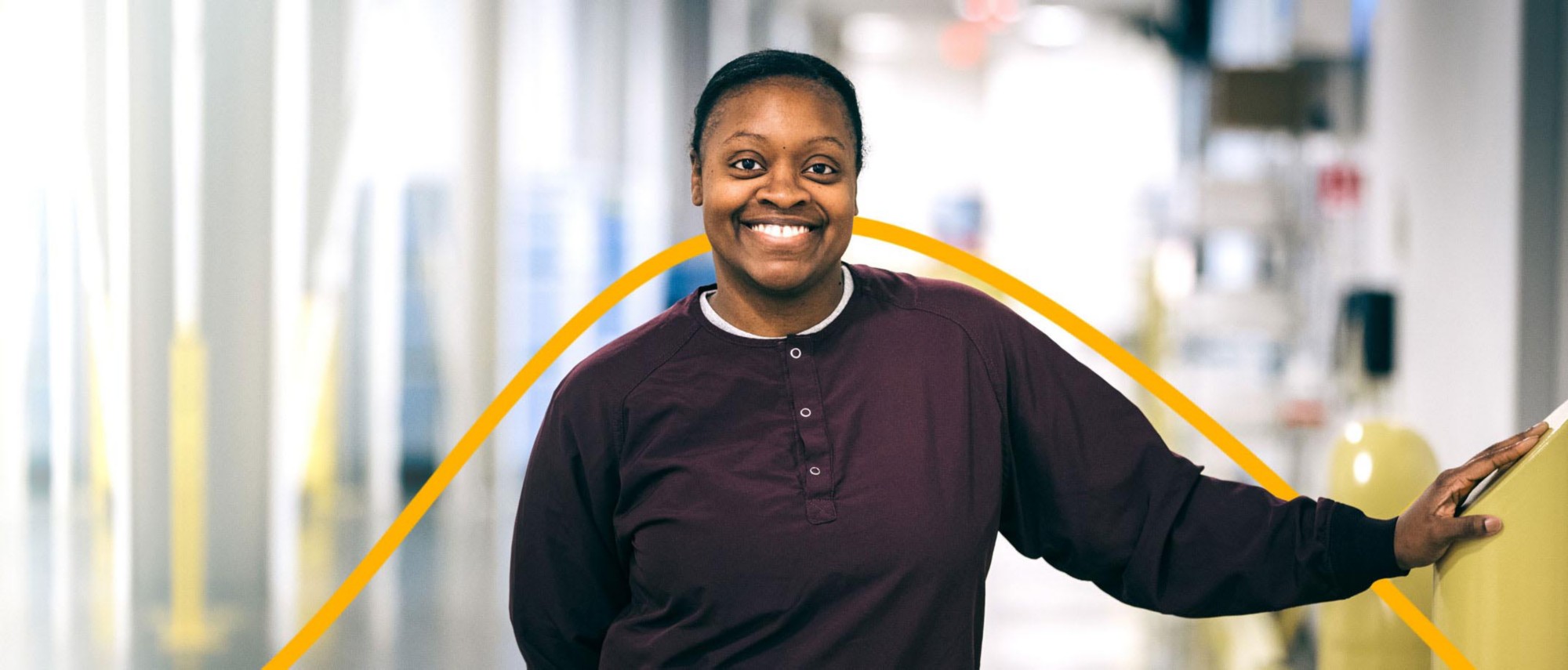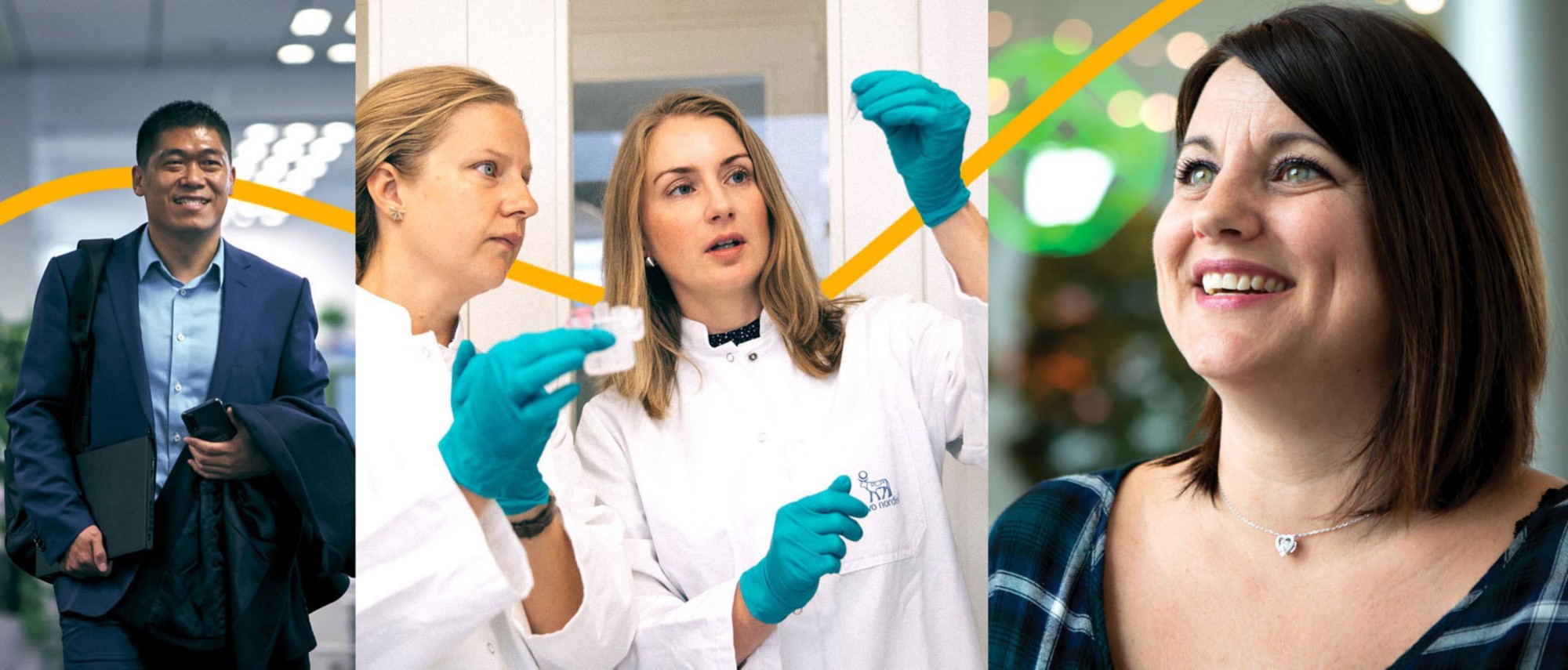How much would the opportunity to work for a company that shared your values and goals be worth to you? This is the subject that four researchers set out to explore in the Harvard Business Review in late 2018. How many people would be willing to earn less money to do more-meaningful Work?
Given the amount of attention that purpose-driven work and wellness culture has garnered in recent years, it’s not surprising that in their research, they found that “More than 9 out of 10 employees...were willing to trade a percentage of their lifetime earnings for greater meaning at work. This was true of respondents across age and salary groups.
The Harvard report, and others like it, are beginning to illustrate an increase in demand for more than just higher salaries to ensure employee satisfaction and long-term retention.
Considering the central nature that work takes in our lives, it is perhaps no surprise that the experiences a person can derive from work can significantly influence a positive or negative outcome of a person's overall wellbeing.
Beyond satisfying base financial needs, a career can also provide an individual with a sense of purpose, meaning, and identity. But how do you define that purpose?
We posed this question to our P&O business partner at Novo Nordisk in China, Eddie Guo, to not only get his personal opinion but to also offer a global perspective on the idea of purpose.
"I think that purpose-driven work has two layers of meaning. One is the work, or more specifically, the result of the work—the product or service that has a clear delivery, which brings value to a customer or a patient. In this case, it's when an employee understands that the work they do delivers on some valuable need or is helping someone," explains Eddie Guo, P&O Business Partner at Novo Nordisk.
"The second layer is how individual purpose fits into the company, and then further into our society. Metaphorically, you could imagine society as like a life form, where every individual has their own purpose, which goes beyond our job titles or positions and contributes to the health of this life form. Recently, this is becoming more and more visible in purpose-driven workspaces—as companies begin to support and activate external employee projects like running clubs, volunteer work, etc. for the betterment of the company community, and in part, society."
Purpose as a driver for employees is not a new concept, but it’s clearly one that is becoming increasingly important. This need for purpose-driven work - it seems - spans age groups, income levels, and even borders, as Eddie’s account helps to illustrate.
Novo Nordisk is a truly global company—with over 150 locations spanning from Seattle to Seoul, and Iceland to New Zealand. Across all of those regions, we actively foster employee engagement, ensuring our employees understand and feel a sense of kindredship with our mission and purpose.
Our employees are all working to improve the lives of millions of people living with diabetes and other chronic conditions – a built-in purpose, which our employees say you can feel the moment you walk into a Novo Nordisk office, no matter where in the world you are.
Here’s what Monique Carter had to say on the matter:
"I would say that anyone that works for Novo Nordisk - no matter where in the world - can feel that our reason exist is genuinely purpose-driven. At the end of the day, life is our reason to exist. This means improving the lives of people living with diabetes and other chronic conditions as well as improving the lives of our employees. That’s why in addition to providing a purpose-driven workplace, we also offer consistently good standards of employment terms and conditions. We provide the types of benefits that we feel are important, even in countries where that is not the standard. Because we feel that is what our employees deserve."
Higher salaries and financial incentives are a factor of business that is unlikely to ever go out of fashion. And rightly so, as such incentives help reward our people for a job well done. However, in recent years the relationship between companies and employees seems to be changing on a global scale to factor in empowering employees to feel a sense of meaning in their work.
Of course, our frame of reference is the strongest when looking at our own global community at Novo Nordisk, where employee purpose and company purpose share the same landscape.
“The prevalence of obesity in the Philippines is 31,9% and 39,9% in the Metro Manila region. There are around 35 million people living with obesity today in the Philippines. Many of those people are very, very young. So a strong part of our purpose here is to drive awareness with regard to what obesity can lead to.
“We work closely with the Danish Embassy in Manila to organise awareness events. Last year in November we organised the biggest diabetes circle in the world. It makes me happy to see that most people are drawn to Novo Nordisk because they like what we are trying to do and want to be part of it. ”


